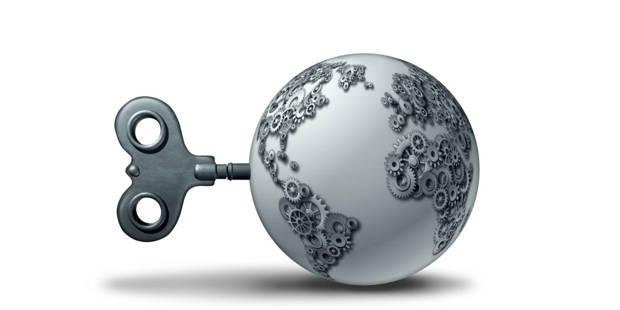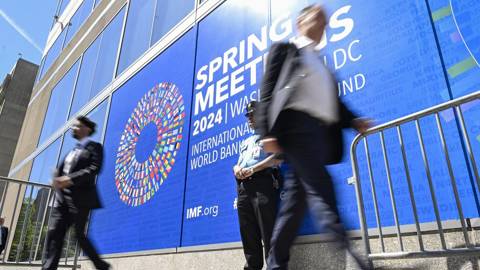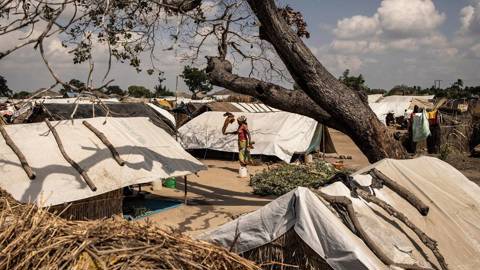Benjamin J. Cohen
Benjamin J. Cohen, Distinguished Professor Emeritus of International Political Economy at the University of California, Santa Barbara, is the author of Currency Statecraft: Monetary Rivalry and Geopolitical Ambition.
-
The Bonfire of the Currencies?

The Bonfire of the Currencies?
Oct 29, 2021 Benjamin J. Cohen reviews books by two leading economists on what the future holds for currencies and payment systems.
-
The Pandemic Is Shaking the Dollar’s Supremacy

The Pandemic Is Shaking the Dollar’s Supremacy
May 18, 2020 Benjamin J. Cohen suggests that escalating US leadership failures will further erode the greenback's global standing.
-
Can America and China Avoid a Currency War?

Can America and China Avoid a Currency War?
Aug 8, 2019 Benjamin J. Cohen holds out hope that the world’s two largest economies may yet achieve some form of exchange-rate détente.
-
The Case for a Fiscal Fed

The Case for a Fiscal Fed
Jul 19, 2019 Benjamin J. Cohen proposes a new independent agency to supplement monetary-policy responses to macroeconomic fluctuations.
-
Where Have All the Safe Havens Gone?

Where Have All the Safe Havens Gone?
Jan 7, 2019 Benjamin J. Cohen expects lost faith in the US dollar and economic troubles elsewhere to lead to even more market volatility.








